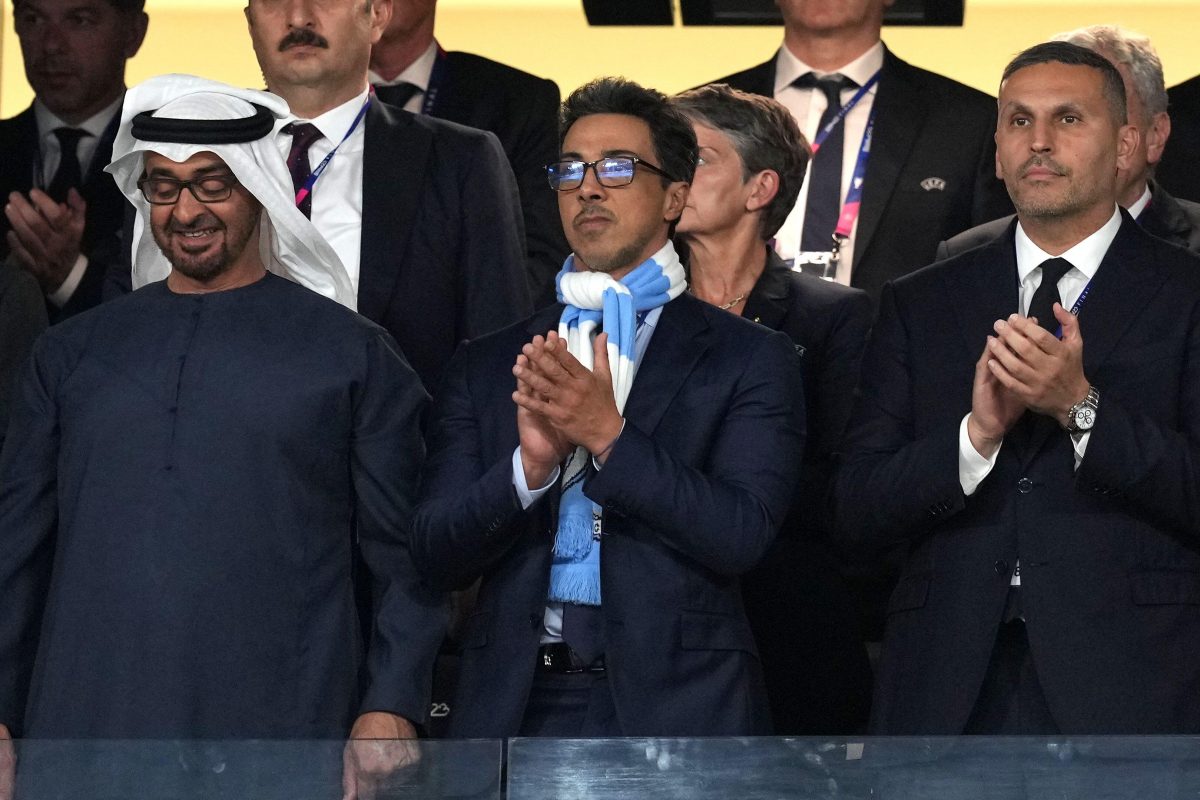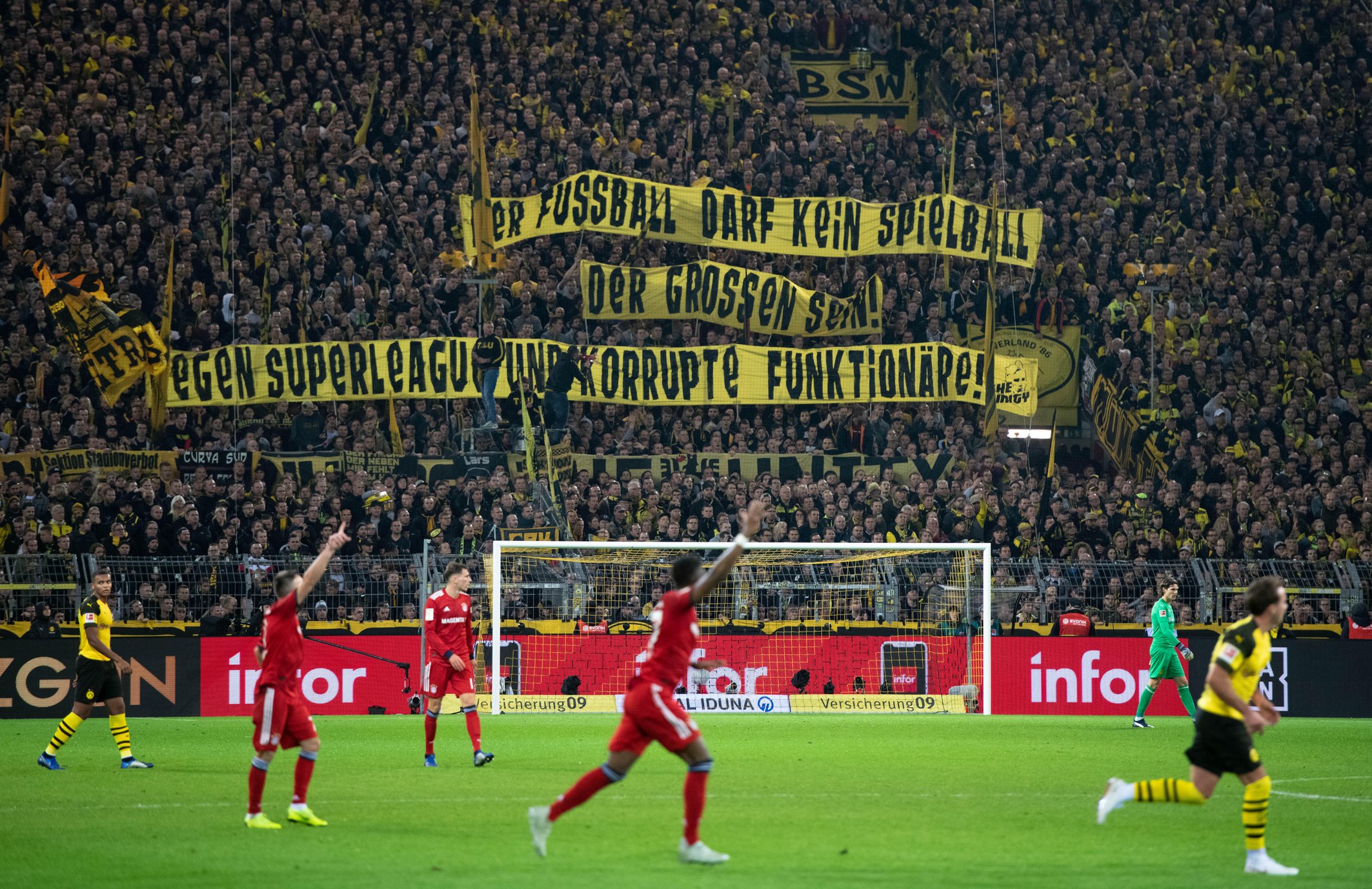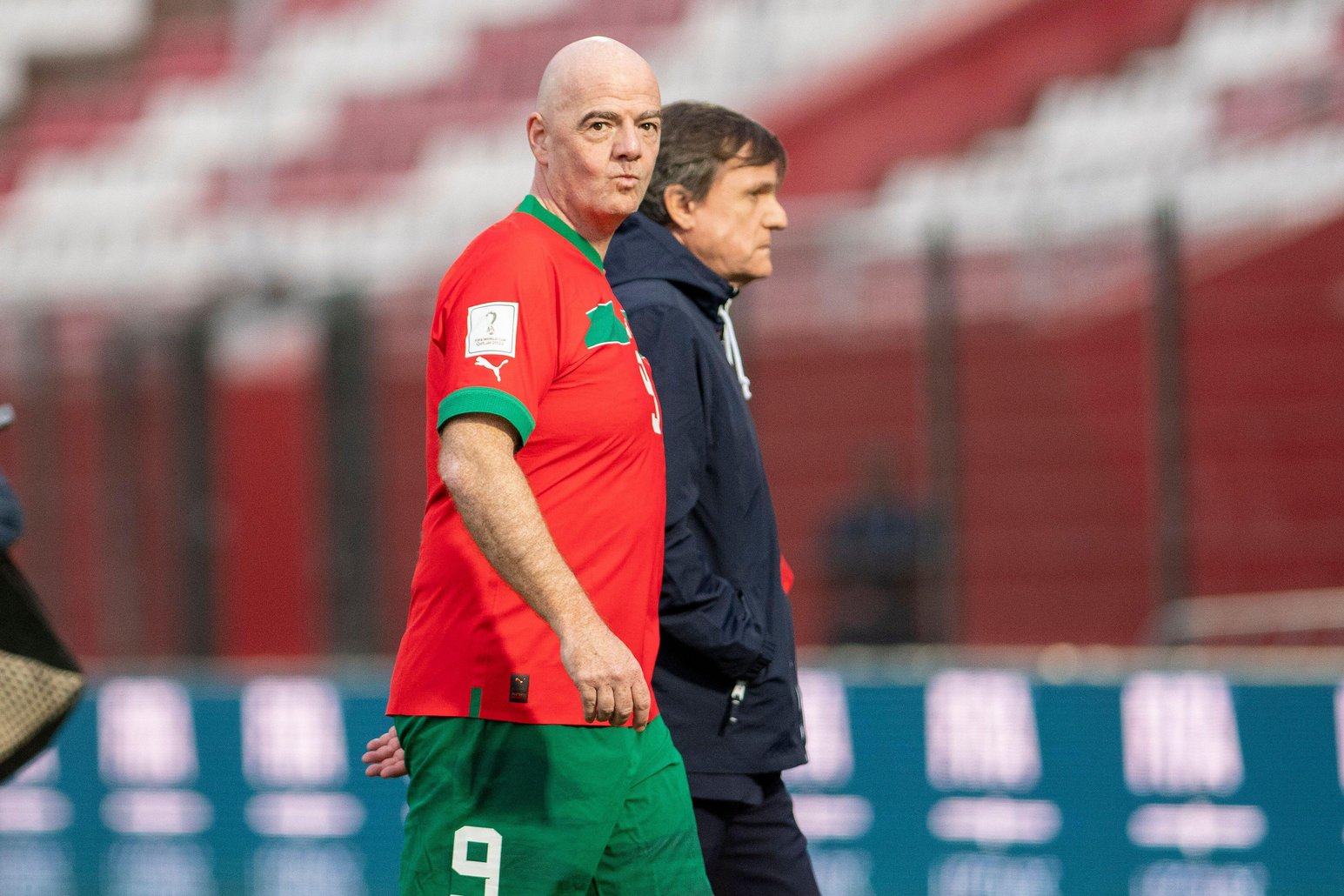
FairSquare, in partnership with ALQST for Human Rights and NUFC Against Sportswashing, has urged the UK government, in a letter sent on 9 April 2024, to remove a clause from its Football Governance Bill that could have the effect of increasing state ownership of English football clubs.
The letter to the Secretary of State for Culture, Media and Sport welcomed the UK government’s efforts to improve the regulation of football and supports the stated purpose of the bill, “ to establish a new Independent Football Regulator (“the IFR”) and its regulatory regime, with the primary aim of ensuring the long term sustainability and resilience of English football.” It expressed concern about clause 37 of the bill, which states that “the IFR must also have regard to the foreign and trade policy objectives” of the UK government in its determinations on whether an individual is suitable to own an English football club, noting that this clause is at odds with the central aim of the bill and significantly undermines the independence of the proposed regulator.
“This is an important piece of legislation and it has been rightly welcomed by supporters groups, whose efforts have been key to moving the government to act to protect football clubs and the communities they serve,” said Nick McGeehan, co-director of FairSquare. “But there is no need for this clause, which will only politicise the independent regulator and leave English clubs inextricably entwined with the UK’s foreign policy.”
In response to the the proposed takeover of The Telegraph newspaper by a consortium led by the UAE (owners of Manchester City FC), the UK government has introduced legislation to ban foreign state ownership of media organisations, stating that it is, “targeting foreign state investment in a narrow but important part of the UK market to safeguard the health of our democracy”. FairSquare and its partners have urged the UK government to afford football clubs similar protections from foreign state investment.
In March 2023, FairSquare, wrote to the UK government in response to the publication of the forerunner to the wbill – its White Paper on the regulation of English football. FairSquare expressed concerns that the White Paper did not include any reference to state ownership of football clubs and took no account of whether a prospective owner is acting in the political interests of a state. The Bill is more problematic. Not only will the IFR not be granted the authority to assess the suitability of state ownership, they will effectively be obliged to consult the UK government in instances where state-owned or controlled entities seek to take ownership of English clubs. This raises the spectre of British foreign policy objectives and priorities overriding the IFR’s mandated role to only allow individuals with the requisite “honesty and integrity” to maintain or assume control of English clubs.
Two specific ongoing cases illustrate this point. Firstly, the UK government went to substantial lengths to ensure that a consortium controlled by the government of Saudi Arabia were able to assume control of Newcastle United FC, despite the concerns of the Premier League about the takeover. In April 2023, The Athletic published an investigation into the UK government’s involvement in the takeover of Newcastle United FC by Saudi Arabia’s Public Investment Fund (PIF). In response to right to information requests, the UK government provided 59 pages of internal emails showing how very senior officials applied considerable pressure to support the deal, which had foundered after the PIF-led consortium withdrew its bid having apparently been advised that it would fail the Premier League’s owners and directors test. One email from the British Ambassador to Saudi Arabia, Neil Crompton, read: “There are a number of ways in which HMG [Her Majesty’s Government] can seek to facilitate dialogue with both the PIF and Saudi authorities on this to come up with the assurances the Premier League seek.”
Secondly, apparent UK government engagement on the issue of the Premier League’s efforts to sanction Manchester City FC, which is majority owned and controlled by senior members of the government of the United Arab Emirates (UAE). FairSquare is aware that the UK government has refused to release information on Foreign, Commonwealth and Development Office correspondence relating to the Premier League charges against Manchester City, and has stated that release of the information would “prejudice the interests of the UK abroad.” In the context of the UK government’s engagements with the government of Saudi Arabia over the takeover of Newcastle United, this raises further questions about whether the UK government is enabling or assisting foreign governments to pressurise the Premier League on critical issues pertaining to its rules and policies.


